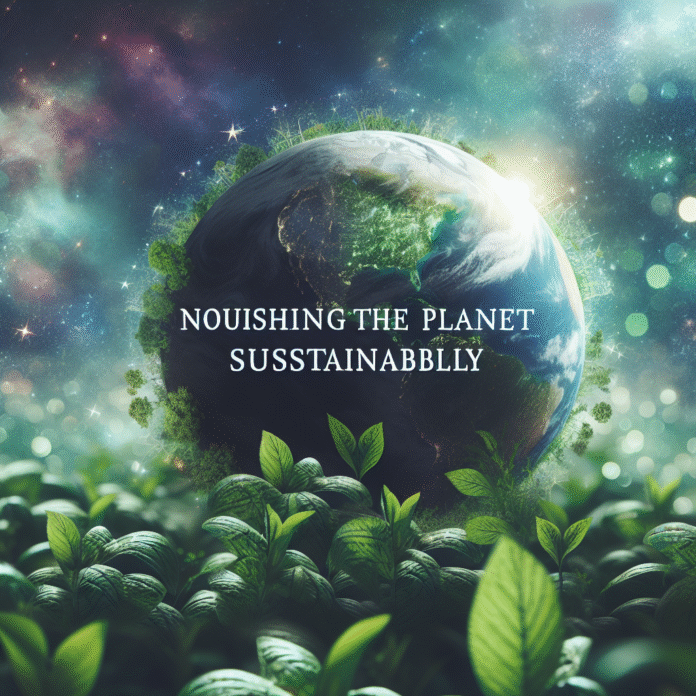Berkeley Talks on Sustainable Food Solutions
Berkeley Talks: Sustainable Solutions for Global Food Security
In the quest to nourish a growing global population while preserving our planet’s resources, Berkeley Talks recently hosted a compelling discussion on innovative approaches to food sustainability. The event highlighted the pressing challenge of feeding billions without depleting the Earth’s natural ecosystems.
Innovative Agricultural Practices
Experts emphasized the importance of adopting sustainable agricultural practices that minimize environmental impact. Techniques such as regenerative farming, which focuses on soil health and biodiversity, were showcased as effective methods to enhance food production while restoring ecosystems. These practices not only increase crop yields but also improve resilience against climate change.
Technology in Food Production
The integration of technology in agriculture was another focal point of the discussion. Advances in precision agriculture, such as the use of drones and data analytics, enable farmers to optimize resource use, reduce waste, and increase efficiency. Innovations like vertical farming and aquaponics were also explored as viable solutions for urban areas, allowing food to be grown closer to consumers and reducing transportation emissions.
Food Policy and Global Collaboration
Panelists discussed the role of policy in shaping sustainable food systems. Effective food policies that promote sustainable practices, support smallholder farmers, and reduce food waste are essential for achieving long-term food security. Collaboration among governments, NGOs, and private sectors is vital to implement these policies successfully on a global scale.
Community Engagement and Education
Community involvement and education were highlighted as critical components in the movement toward sustainable food systems. Engaging local populations in sustainable practices not only empowers them but also fosters a greater understanding of the impact of their food choices on the environment. Educational initiatives that encourage sustainable eating habits can lead to healthier communities and a reduced ecological footprint.
Conclusion
As the world grapples with the dual challenges of food insecurity and environmental degradation, it is clear that innovative, sustainable solutions are imperative. The insights shared during the Berkeley Talks serve as a reminder that by working together—through technology, policy, and community engagement—we can create a future where we feed the world without compromising the health of our planet.


